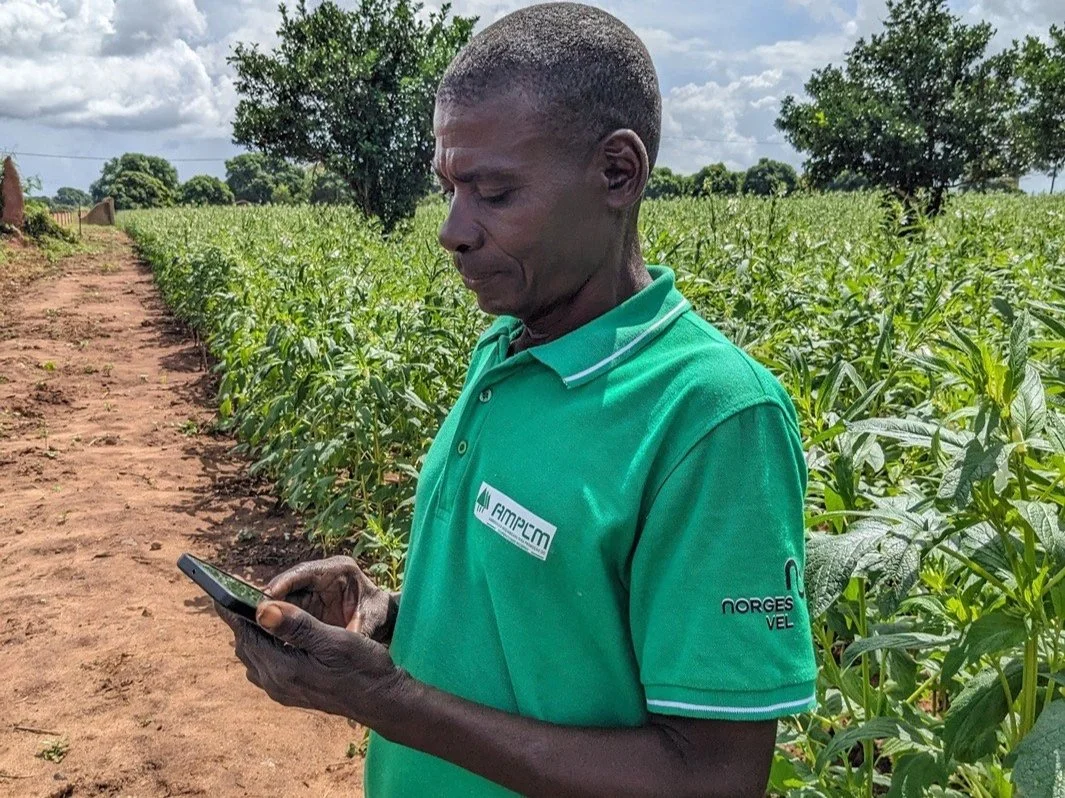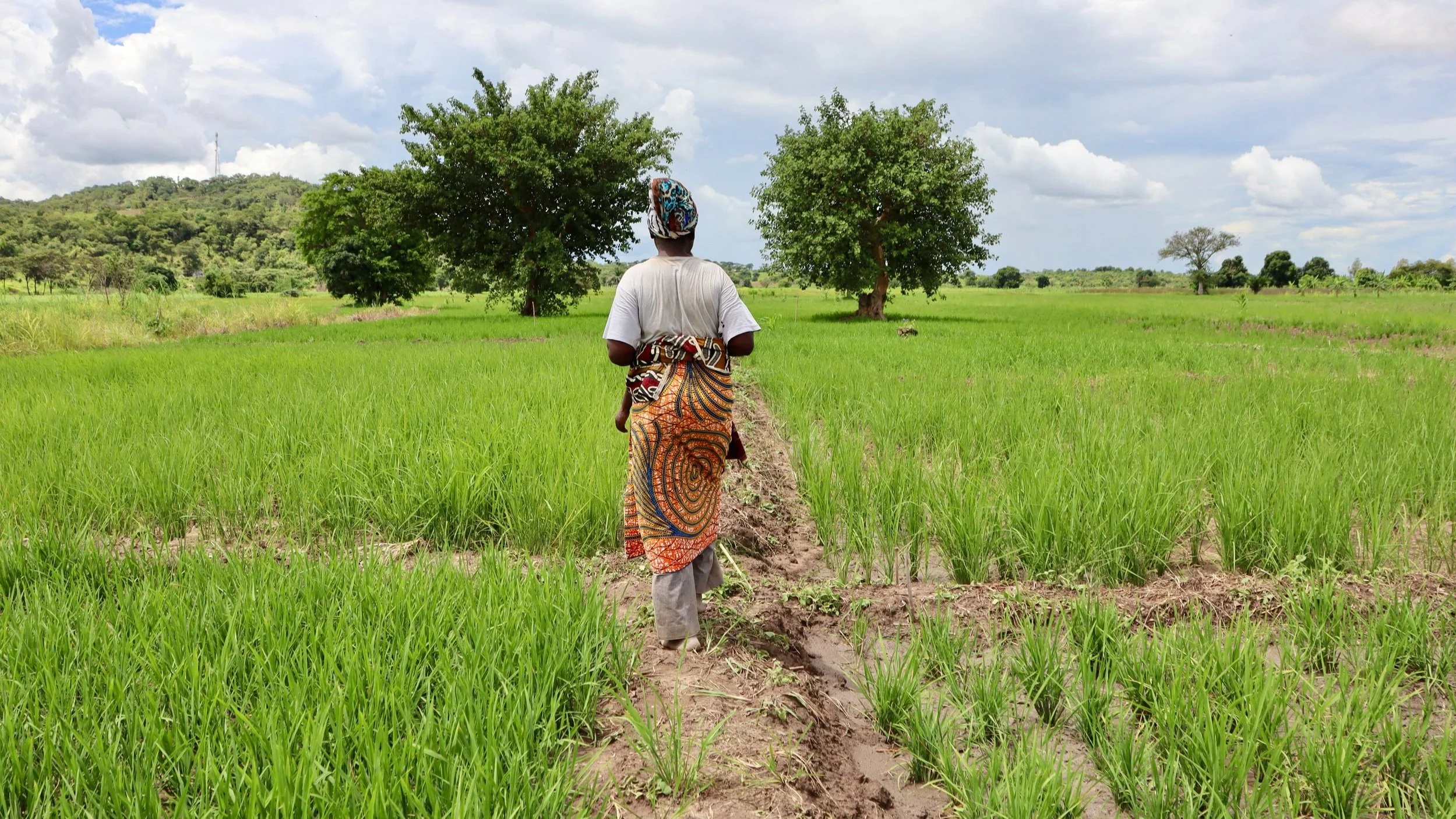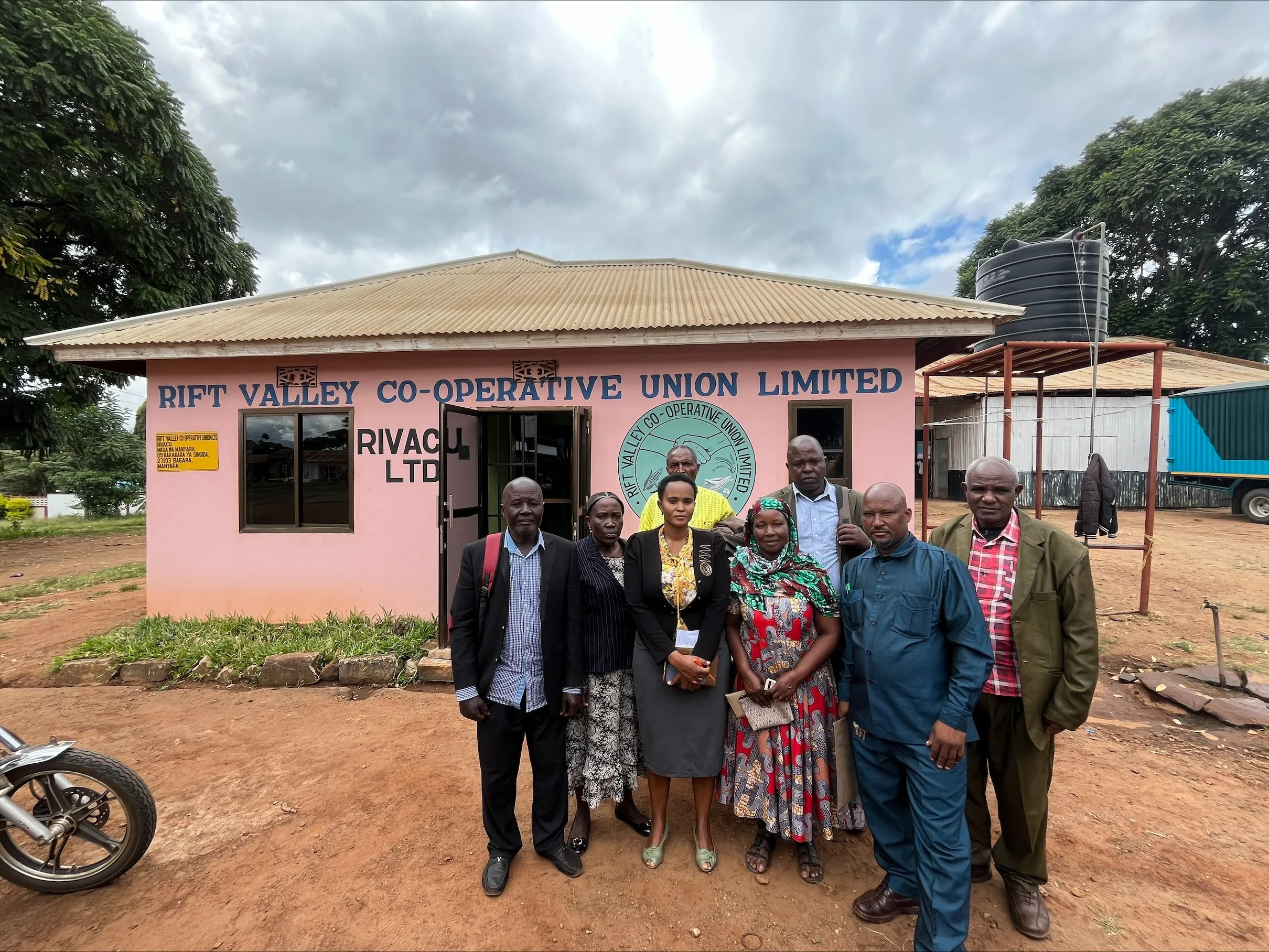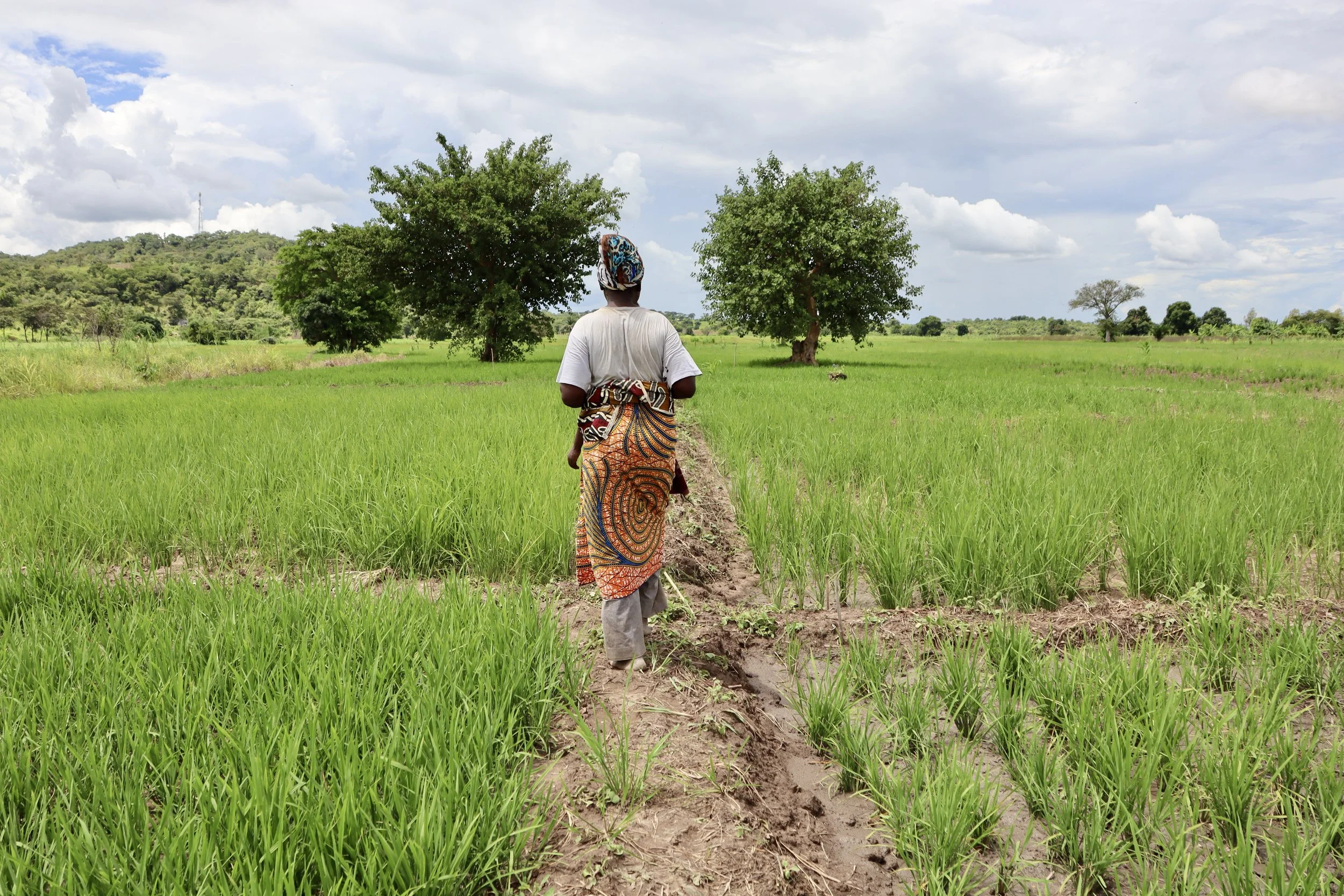Like many African countries, Mozambique has experienced significant growth in digital technology, and agriculture is one sector beginning to benefit from this development. Increased digitalization in agriculture has the potential to improve efficiency, sustainability, and income for small-scale farmers.
Read MoreAflatoxins are toxins in food products caused by mold and pose a significant health threat to humans and animals, particularly in the Global South. The toxin is responsible for at least 30% of liver cancer cases in Africa, it weakens the immune system, contributes to growth disorders in children, and it kills thousands of livestock annually. Together with partners in Mozambique, Norad and other organizations, Norges Vel has taken the initiative to produce the organic pesticide, Aflasafe, locally in Mozambique to more effectively reduce aflatoxin levels in peanut and maize production.
Read MoreThrough this five-year programme, are goal is to strengthen food security for more than a million consumers in Tanzania, Mozambique, Madagascar by increasing small-scale food producers’ production, productivity, market access and climate resilience with a specific focus on women.
Read MoreIn northern Mozambique, where 80% of the adult population are farmers, the community faces significant challenges. Poor soil quality and unpredictable weather make it difficult to produce enough food and secure a stable income. By implementing agroforestry practices on farms, farmers can reduce climate risk, improve soil health, and gain additional household income.
Read MoreBy empowering farmers with local knowledge, social support, necessary inputs, and market connections, we aim to develop a regional network of agroecological hubs that will serve as a model for scaling food security and sovereignty throughout Mozambique.
Read MoreOur main goal is to increase sustainable income for small-scale food producers in Northern Mozambique by creating professional cooperatives capable of meeting quality standards and production requirements for export markets for cashews and peanuts.
Read MoreFish and other seafood are important natural resources in Madagascar, but historically, several attempts at profitable freshwater aquaculture have failed. Since 2011, Norges Vel has supported the development of the value chain from egg to table through tilapia farming as a climate-resilient and sustainable industry. The goal then and moving forward in the period 2024-2026 is to contribute to food security, increased incomes, and more jobs.
Read MoreThe Regional Programme of Cooperative Development is a subproject under Growing Resilience where we are working through a range of activities to increase food security in Tanzania and Mozambique through sustainable local value chains.
Read MoreThrough inclusive value chain development, this project will support small-scale rice producers to overcome these challenges with a special emphasis on women and youth.
Read More








